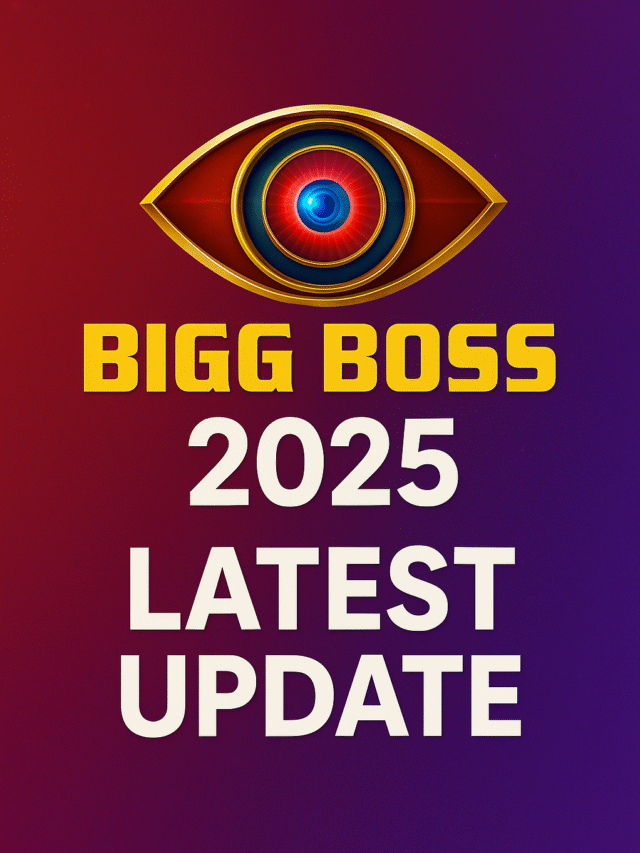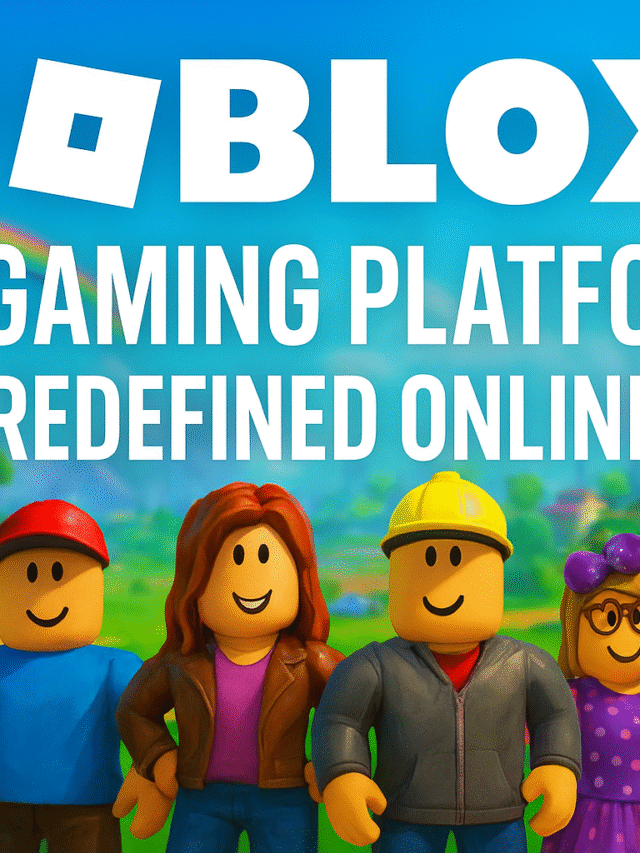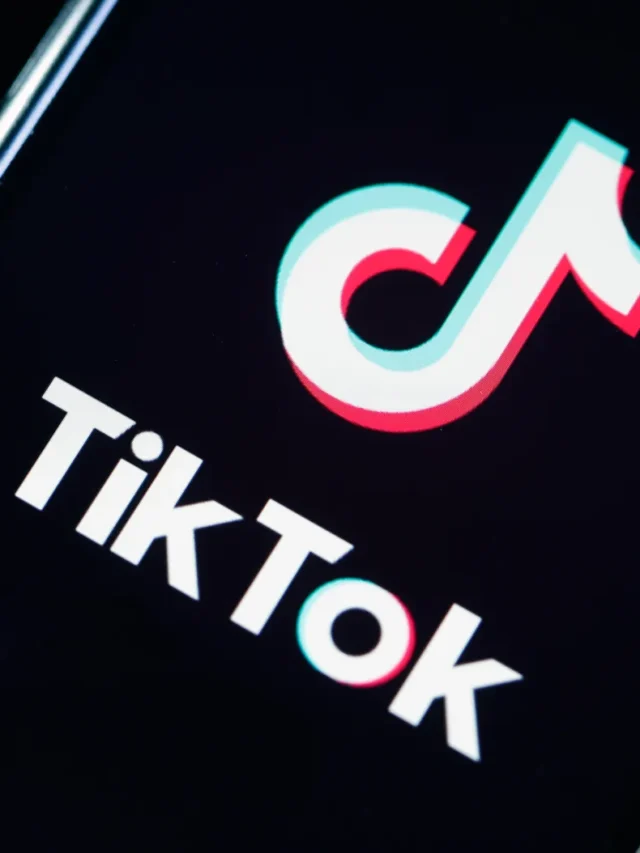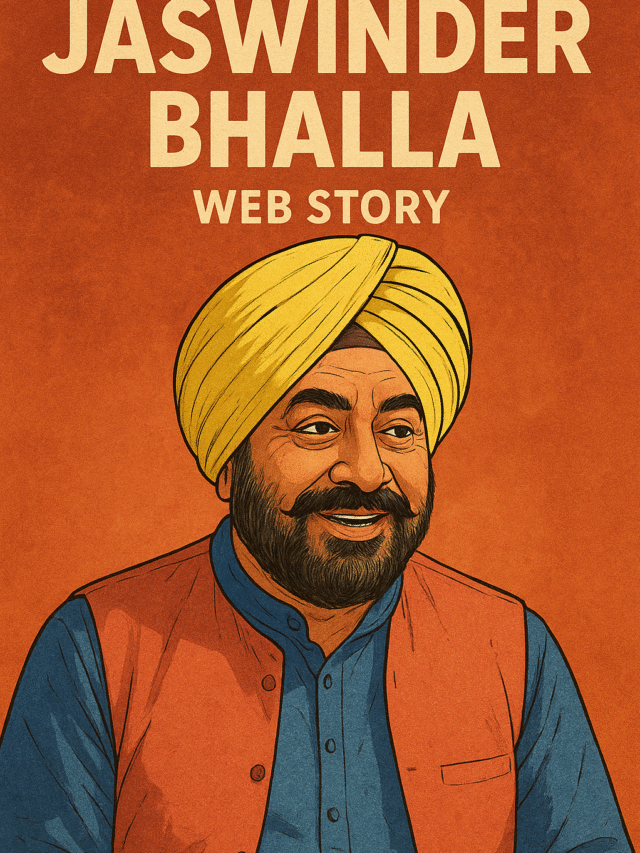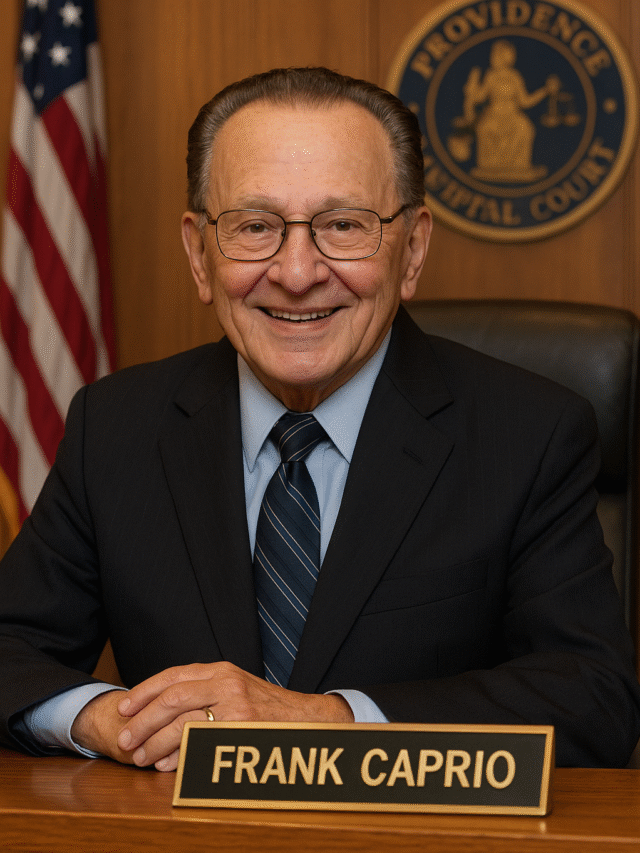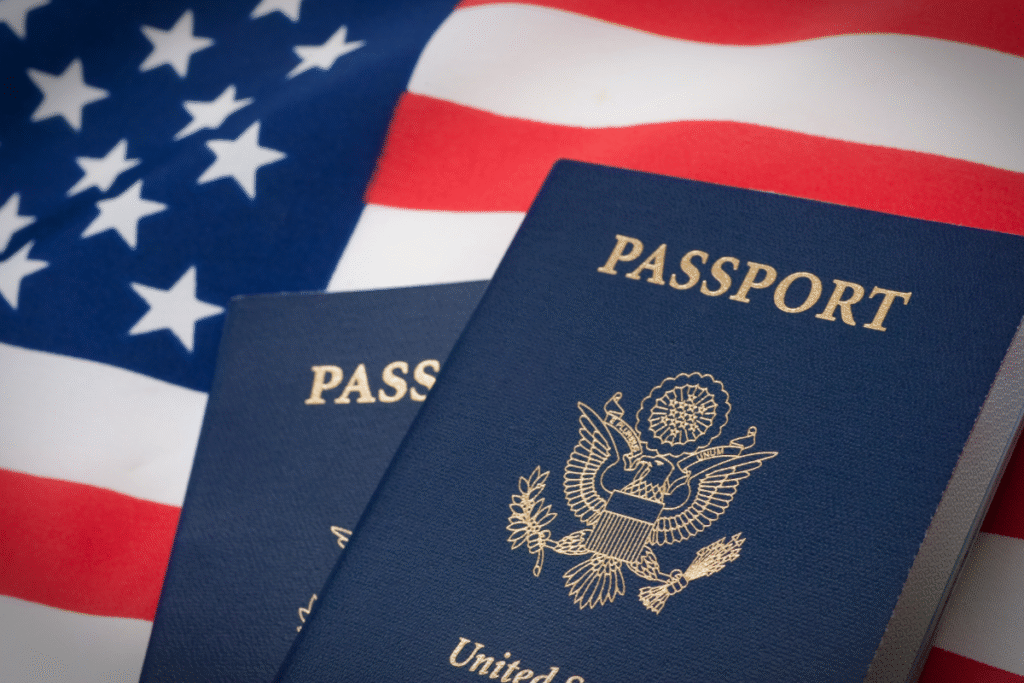
The H-1B visa remains one of the most sought-after work permits for skilled professionals worldwide, especially those aiming to work in the United States. It serves as a bridge for foreign workers to contribute to the U.S. economy while gaining valuable career experience in their chosen fields. With its competitive nature, ever-changing policies, and high demand, understanding the H-1B visa process in 2025 is more important than ever.
What Is an H-1B Visa?
The H-1B visa is a non-immigrant work visa that allows U.S. employers to hire foreign workers in specialty occupations requiring theoretical or technical expertise. These occupations often include roles in information technology, engineering, finance, healthcare, and academia. The visa is typically valid for three years and can be extended to a maximum of six years in most cases.
Who Is Eligible for an H-1B Visa?
Eligibility for the H-1B visa is determined by both the applicant’s qualifications and the nature of the job being offered. Key eligibility requirements include:
- Specialty Occupation: The position must require specialized knowledge and a minimum of a bachelor’s degree or its equivalent.
- Educational Qualifications: Applicants must hold at least a bachelor’s degree or higher in a related field.
- Employer Sponsorship: Only U.S.-based employers can sponsor an H-1B application.
- Labor Condition Application (LCA): Employers must submit an approved LCA to the U.S. Department of Labor.
The H-1B Lottery System
Due to high demand, the U.S. Citizenship and Immigration Services (USCIS) uses a lottery system to select eligible applicants.
The H-1B visa remains one of the most sought-after work permits for skilled professionals worldwide, especially those aiming to work in the United States. It serves as a bridge for foreign workers to contribute to the U.S. economy while gaining valuable career experience in their chosen fields. With its competitive nature, ever-changing policies, and high demand, understanding the H-1B visa process in 2025 is more important than ever.
What Is an H-1B Visa?
The H-1B visa is a non-immigrant work visa that allows U.S. employers to hire foreign workers in specialty occupations requiring theoretical or technical expertise. These occupations often include roles in information technology, engineering, finance, healthcare, and academia. The visa is typically valid for three years and can be extended to a maximum of six years in most cases.
Who Is Eligible for an H-1B Visa?
Eligibility for the H-1B visa is determined by both the applicant’s qualifications and the nature of the job being offered. Key eligibility requirements include:
- Specialty Occupation: The position must require specialized knowledge and a minimum of a bachelor’s degree or its equivalent.
- Educational Qualifications: Applicants must hold at least a bachelor’s degree or higher in a related field.
- Employer Sponsorship: Only U.S.-based employers can sponsor an H-1B application.
- Labor Condition Application (LCA): Employers must submit an approved LCA to the U.S. Department of Labor.
The H-1B Lottery System
Due to high demand, the U.S. Citizenship and Immigration Services (USCIS) uses a lottery system to select eligible applicants. Each fiscal year, the H-1B cap is set at 85,000 visas—65,000 for the general category and an additional 20,000 for individuals with advanced degrees from U.S. institutions.
Lottery Process in 2025
The selection process has become entirely electronic. Employers must first register the candidate during the registration window, usually in March. Once the lottery is drawn, selected candidates can file the complete petition with all required documentation.
Application Process for H-1B Visa
The H-1B application involves several key steps:
- Employer Registration: The employer registers the applicant online during the USCIS registration period.
- Lottery Selection: USCIS randomly selects applications that meet the criteria.
- Filing Form I-129: Selected employers file the petition with USCIS.
- Approval and Visa Stamping: Once approved, applicants can schedule a visa interview at a U.S. consulate in their home country.
Recent Updates to the H-1B Program in 2025
The U.S. government has introduced new measures to make the H-1B system more transparent and fair:
- Anti-Fraud Measures: Enhanced verification to prevent multiple registrations for the same applicant.
- Higher Wages for Selection Priority: Applicants offered higher salaries are given preference in certain cases.
- Digital Transformation: Entire application process now streamlined through online systems.
Benefits of the H-1B Visa
The H-1B visa offers multiple advantages for skilled professionals:
- Opportunity to work in the U.S. for top employers.
- Pathway to permanent residency (Green Card).
- Family members (spouse and children) can join on H-4 visas.
- Exposure to international work culture and career growth.
Challenges of the H-1B Process
While beneficial, the H-1B process comes with challenges:
- High competition due to limited annual caps.
- Frequent policy changes affecting eligibility.
- Long processing times and uncertainty of selection.
- Employer dependency for visa status.
H-1B Extensions and Transfers
Once an H-1B visa is granted, it is valid for three years and can be extended for another three years. Workers can transfer their H-1B to a new employer without going through the lottery again, but the new employer must file a fresh petition.
Tips for a Successful H-1B Application
- Work with an experienced immigration attorney.
- Ensure your job description matches your academic background.
- Submit complete and accurate documentation.
- Apply as early as possible during the registration window.
Alternatives to the H-1B Visa
If you are not selected in the lottery, other visa options may be available:
- L-1 Visa: For intra-company transferees.
- O-1 Visa: For individuals with extraordinary ability.
- F-1 Visa OPT/STEM Extension: For students and recent graduates.
Conclusion
The H-1B visa continues to be a highly competitive but rewarding path for foreign professionals seeking to work in the U.S. By understanding the process, keeping up with policy changes, and preparing thoroughly, applicants can improve their chances of success. In 2025, with stricter anti-fraud measures and technological improvements in processing, the system aims to be more transparent and fair for all.
Each fiscal year, the H-1B cap is set at 85,000 visas—65,000 for the general category and an additional 20,000 for individuals with advanced degrees from U.S. institutions.Lottery Process in 2025
The selection process has become entirely electronic. Employers must first register the candidate during the registration window, usually in March. Once the lottery is drawn, selected candidates can file the complete petition with all required documentation.
Application Process for H-1B Visa
The H-1B application involves several key steps:
- Employer Registration: The employer registers the applicant online during the USCIS registration period.
- Lottery Selection: USCIS randomly selects applications that meet the criteria.
- Filing Form I-129: Selected employers file the petition with USCIS.
- Approval and Visa Stamping: Once approved, applicants can schedule a visa interview at a U.S. consulate in their home country.
Recent Updates to the H-1B Program in 2025
The U.S. government has introduced new measures to make the H-1B system more transparent and fair:
- Anti-Fraud Measures: Enhanced verification to prevent multiple registrations for the same applicant.
- Higher Wages for Selection Priority: Applicants offered higher salaries are given preference in certain cases.
- Digital Transformation: Entire application process now streamlined through online systems.
Benefits of the H-1B Visa
The H-1B visa offers multiple advantages for skilled professionals:
- Opportunity to work in the U.S. for top employers.
- Pathway to permanent residency (Green Card).
- Family members (spouse and children) can join on H-4 visas.
- Exposure to international work culture and career growth.
Challenges of the H-1B Process
While beneficial, the H-1B process comes with challenges:
- High competition due to limited annual caps.
- Frequent policy changes affecting eligibility.
- Long processing times and uncertainty of selection.
- Employer dependency for visa status.
H-1B Extensions and Transfers
Once an H-1B visa is granted, it is valid for three years and can be extended for another three years. Workers can transfer their H-1B to a new employer without going through the lottery again, but the new employer must file a fresh petition.
Tips for a Successful H-1B Application
- Work with an experienced immigration attorney.
- Ensure your job description matches your academic background.
- Submit complete and accurate documentation.
- Apply as early as possible during the registration window.
Alternatives to the H-1B Visa
If you are not selected in the lottery, other visa options may be available:
- L-1 Visa: For intra-company transferees.
- O-1 Visa: For individuals with extraordinary ability.
- F-1 Visa OPT/STEM Extension: For students and recent graduates.
Conclusion
The H-1B visa continues to be a highly competitive but rewarding path for foreign professionals seeking to work in the U.S. By understanding the process, keeping up with policy changes, and preparing thoroughly, applicants can improve their chances of success. In 2025, with stricter anti-fraud measures and technological improvements in processing, the system aims to be more transparent and fair for all.

